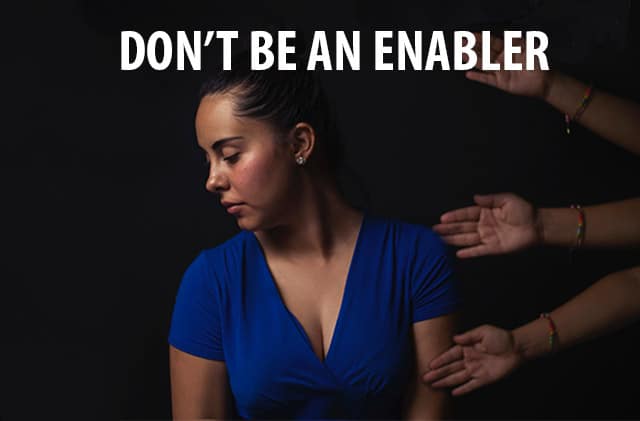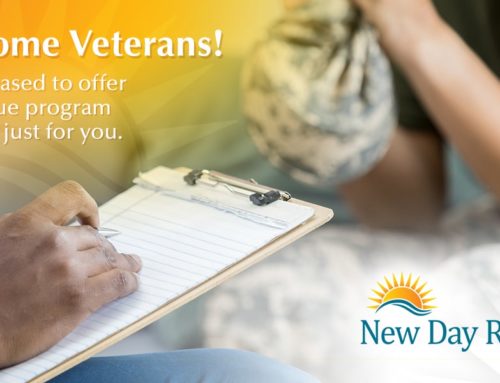Many people are in denial about their drug or alcohol addiction and never receive treatment. One reason for this is that family and friends enable their loved one’s addiction. By enabling a loved one’s addiction, the consequences of the addiction are many times removed and so the incentive to change is not present. Enabling an addict is common because it is hard to see someone you love suffer. You want to ignore or cover the problem and help your loved one. The problem is that in your attempts to help, you are actually causing more harm.
Signs you’re enabling an addict
Enabling an addict can be a difficult and hard habit to break but it is the best for you and your loved one. The addict needs to take responsibility for his/her actions and many times the enabler ends up suffering as much as the addict. You are enabling your loved one’s addiction if you have:
• Made excuses or lied to cover the addiction
• Ignored the signs that your loved one has an addiction
• Participated in risky behavior with the loved one
• Paid for bills the loved one can’t pay because of their addiction
• Blamed others for causing the addiction
• Prioritized your loved one before yourself

Set boundaries
To help a person dealing with addiction, family and friends need to stop enabling negative, destructive behaviors the addict has because of their addiction. In order to stop enabling an addict, you must be determined and it will be hard at first because you so badly want to “help”. Set boundaries as far as things you are no longer going to do to cover their negative behaviors caused by the addiction. For example, let your loved one know you are no longer going to:
- Lie for them or make excuses for their behavior
- Bail them out of jail
- Pay their bills
- Take on their responsibilities at home, work, or school
- Turn a blind eye to when the addict has stolen something from you
- Risk harm to yourself and your well being
Stay strong
This seems very reasonable, right? However, when you discuss this with your loved one, these boundaries will seem very unreasonable to him/her. You may see fits of anger, threats, and manipulations such as “You no longer love me. You would help me out if you did.” Don’t give in to these manipulations (even threats), as the addict will try to manipulate your emotions to get what he/she wants. This is when you need to separate your emotions from what you have decided are the best boundaries. Setting and enforcing boundaries is the best thing for you and for the alcoholic or addict. The sooner they are forced to accept responsibility and receive consequences for their actions, hopefully the sooner they will see the need to get help for their addiction.
Just because you know you are no longer enabling the addiction, doesn’t mean that you can’t help and support your loved one. Let them know you love them and that a clean life is within reach with professional help. Motivate and encourage them to get treatment. New Day Recovery is here for you and your loved one during the recovery process.







